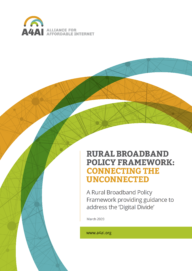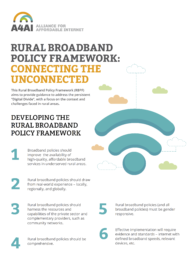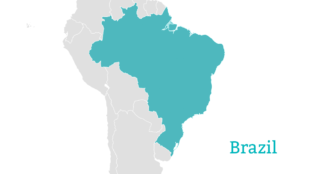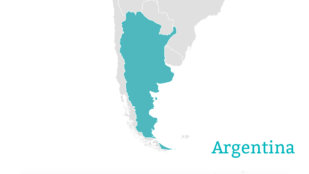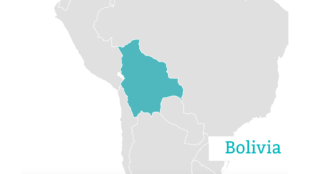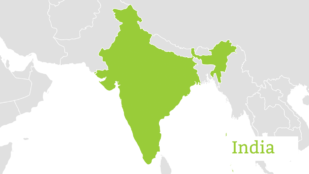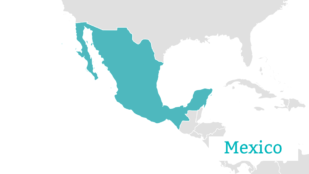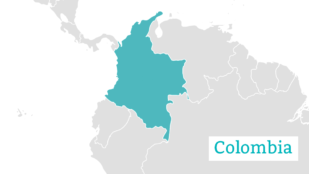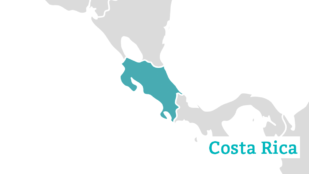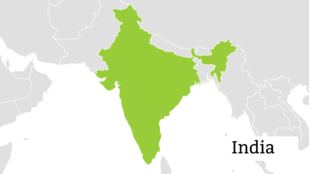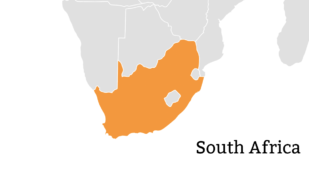Today, half of the global population still remains offline. The reality of the geographic divide is bleak: most of those offline are from low and middle income countries, and only 14% of rural areas have access compared to 42% in urban areas in countries of the Global South.
In order to achieve the universal goals for reducing inequality and achieving universal access by 2030, clear frameworks that can guide and speed up progress are crucial. The Alliance for Affordable Internet (A4AI), in partnership with APC, CIPESA, DEF and Facebook, developed the Rural Broadband Policy Framework (RBPF) to provide guidance to help address the persistent ‘Digital Divide’ faced by people living in rural areas.
Explore case studies related to Framework elements
Policymakers harness competitive market dynamics for the benefit of consumers in rural areas—by staying out of the way where possible, and promulgating targeted regulations where necessary to address instances where the market is failing to function as expected or otherwise meet the needs of the public.
Although regulations can serve an important function, by their very nature they impose costs and burdens on regulated parties—including those operating in rural areas. Policymakers must carefully balance the costs and benefits of the rural broadband policies they promulgate.
A crucial component of any strategy to address the rural-urban digital divide is the provision of public access facilities. These include telecentres, community centres, post offices, libraries, and public WiFi networks that provide people with affordable or free access to computers, tablets, and other communication devices and associated services with an internet connection.
Wireless communications technologies can be leveraged as a key means of helping to overcome impediments to extending broadband services to rural areas. To use wireless communications technologies effectively, operators must be able to access and use sufficient radio frequency (RF) spectrum, free from harmful interference.
Innovation can help to shatter assumptions about the viability of potential rural broadband operations. Novel technologies, architectures, and business models can reduce the cost and complexity of rural deployments, and thus support a viable business case where none previously existed.
Tax policy is more than just a revenue-generating tool. Rather, a country’s tax structure helps to define incentives and disincentives for particular behaviours by those subject to taxation—be they corporations, organisations, or individuals. Policymakers adopt tax and fee structures that encourage the deployment of broadband infrastructure and services in rural areas.
A sustainable business case for the provision of rural broadband services can exist only where there is sufficient demand for such services. In many rural areas, such demand does not exist, and therefore, an effective rural broadband framework should attempt to stimulate such demand (such as improving digital literacy).
Implementations of rural broadband policy should include regular checkpoints to monitor progress and create accountability for policy leaders. Through such checkpoints, all vested stakeholders can positively motivate policymakers to take action, respond to new evidence, and re-evaluate the course of action to have the greatest possible impact.
Resources
- Read the blog here
- Related partner work:
- Global Information Society Watch 2019 – Artificial intelligence: Human rights, social justice and development – APC and Article 19
- Connecting Africa Through Broadband – Broadband Commission for Development
- WSIS Forum 2020: Promoting Rural Broadband Access Through Partnerships and Policy Reform
- A4AI Webinar: Last Mile Connectivity and the Rural Broadband Policy Framework

